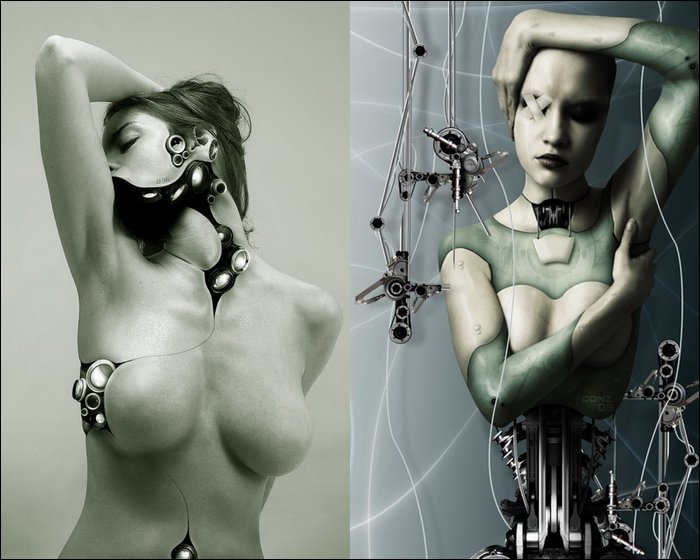
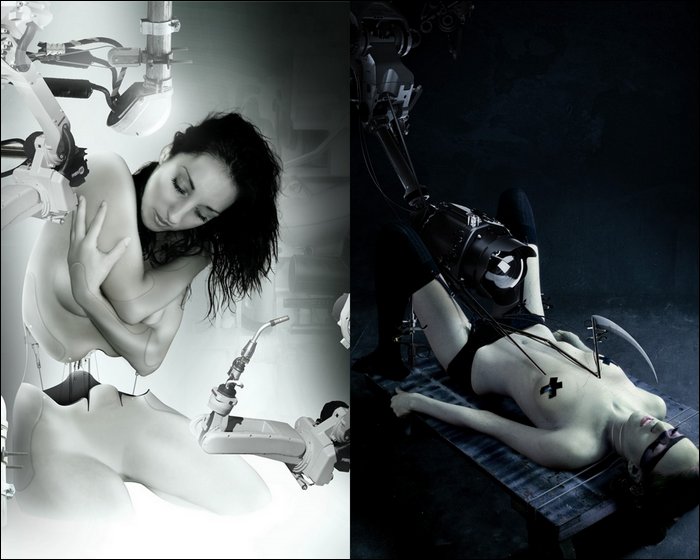
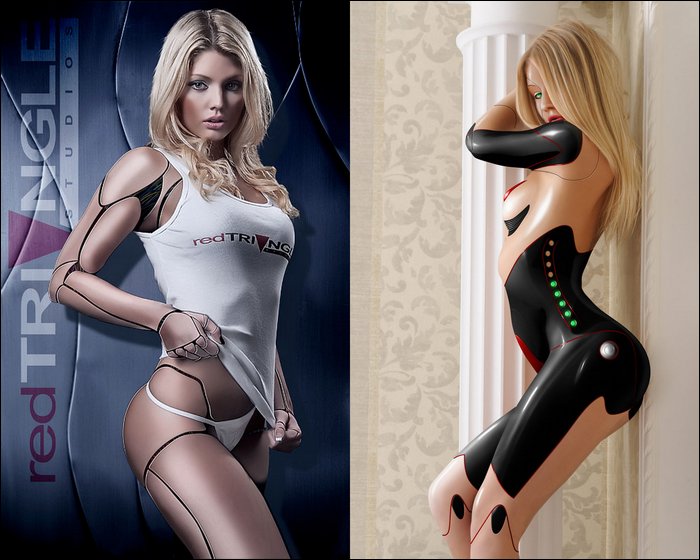

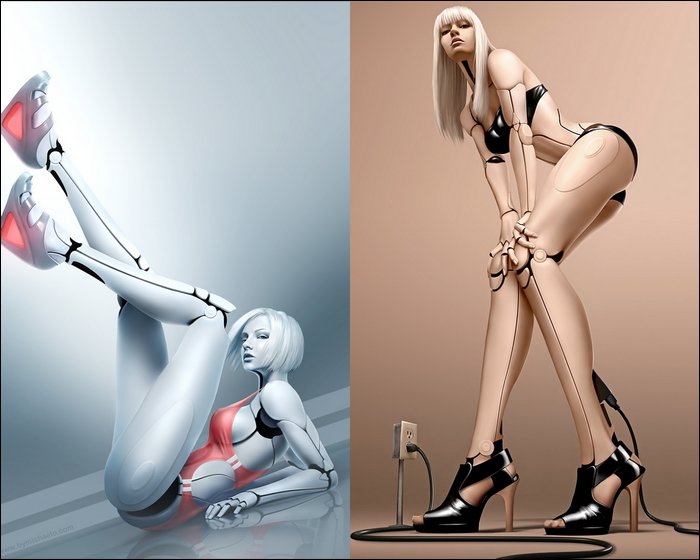
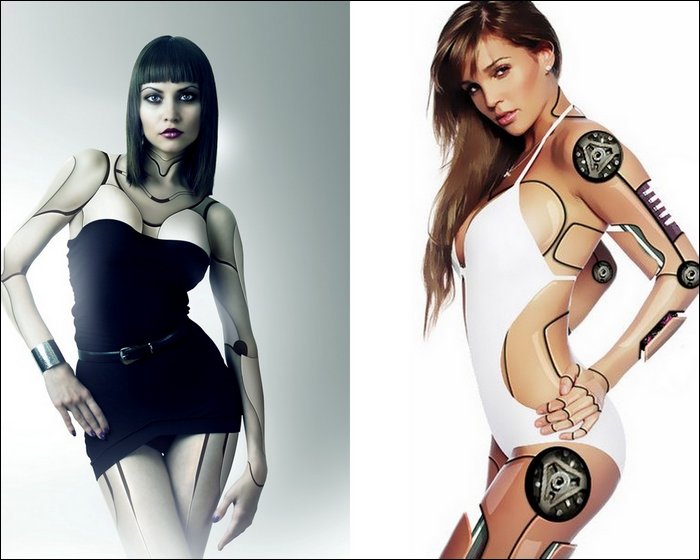
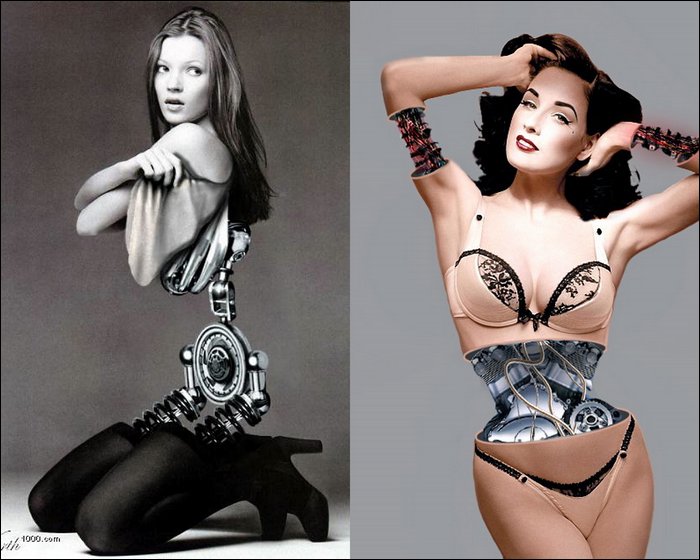
Fiction about gynoids or female cyborgs reinforce essentialist ideas of femininity, according to Magret Grebowicz. Such essentialist ideas may present as gender stereotypes. Among the few non-eroticized fictional gynoids include Rosie the Robot Maid from The Jetsons. However, she still has some stereotypically feminine qualities , such as a matronly shape and a predisposition to cry.
, such as a matronly shape and a predisposition to cry.
The stereotypical role of wifedom has also been explored through use of gynoids. In The Stepford Wives, husbands are shown as desiring to restrict the independence of their wives, and obedient and stereotypical spouses are preferred. The husbands’ technological method of obtaining this “perfect wife” is through the murder of their human wives and replacement with gynoid substitutes that are compliant and housework obsessed, resulting in a “picture-postcard” perfect suburban society. This has been seen as an allegory of male chauvinism of the period, by representing marriage as a master-slave relationship, and an attempt at raising feminist consciousness during the era of second wave feminism.
consciousness during the era of second wave feminism.
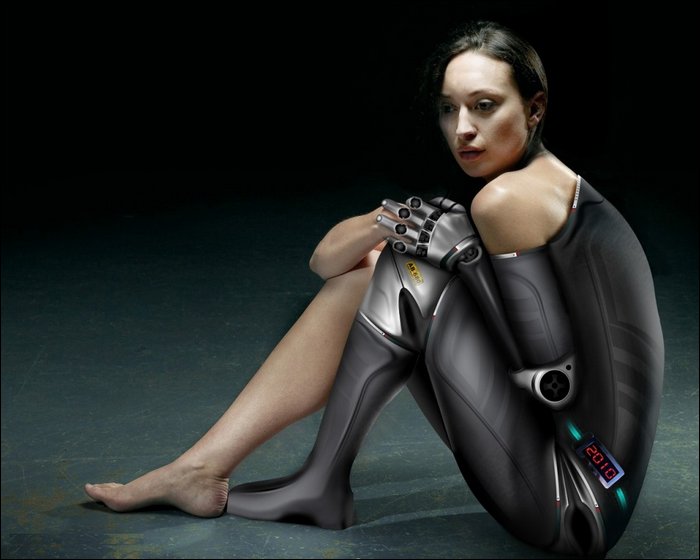
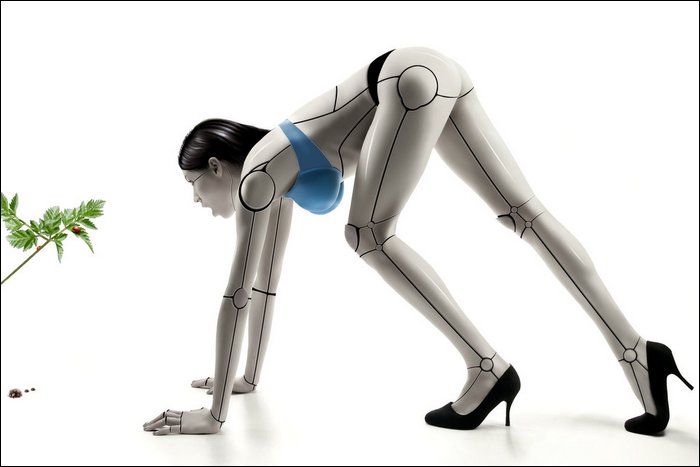
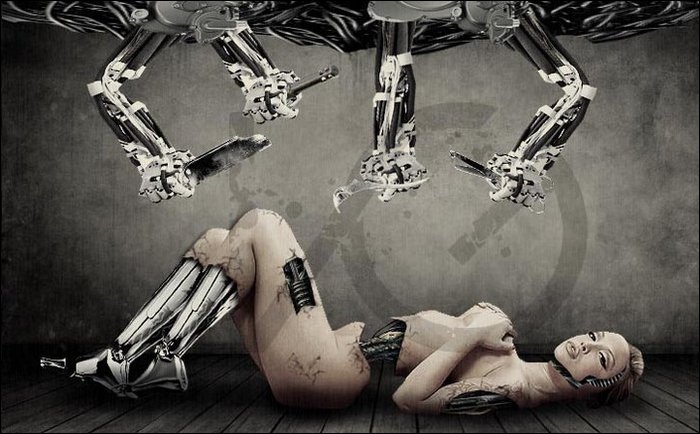

In a parody of the fembots from The Bionic Woman, attractive fembots in fuzzy see-through night-gowns were used as a lure for the fictional agent Austin Powers  in the movie Austin Powers: International Man Of Mystery. The film’s sequels had cameo appearances of characters revealed as fembots. Judith Halberstam writes that these gynoids inform the viewer that femaleness does not indicate naturalness, and their exaggerated femininity is used in a similar way to the title character’s exaggerated masculinity, lampooning stereotypes.
in the movie Austin Powers: International Man Of Mystery. The film’s sequels had cameo appearances of characters revealed as fembots. Judith Halberstam writes that these gynoids inform the viewer that femaleness does not indicate naturalness, and their exaggerated femininity is used in a similar way to the title character’s exaggerated masculinity, lampooning stereotypes.
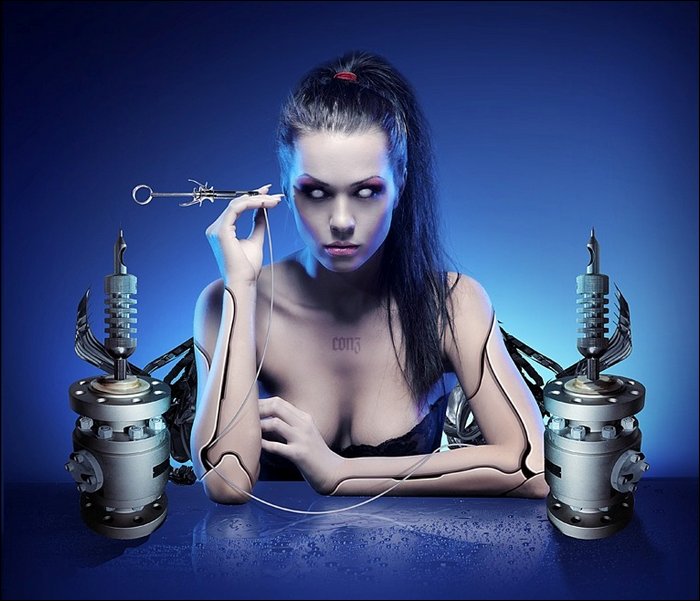
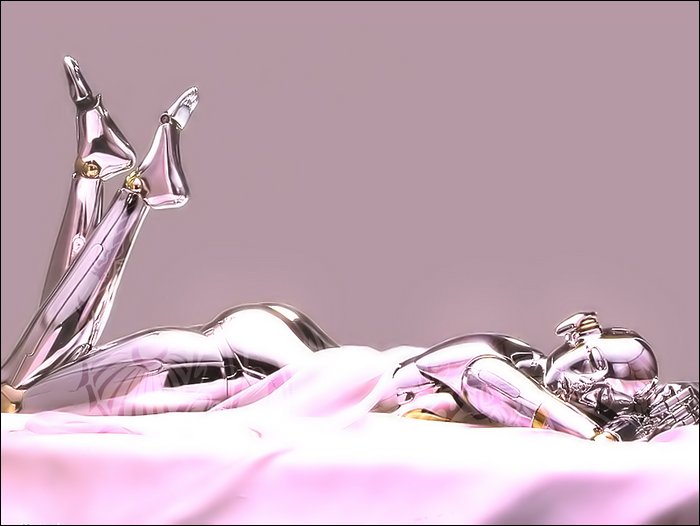
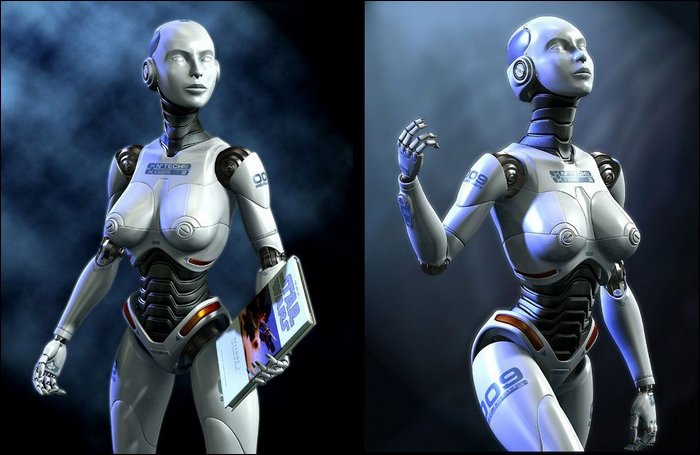

No comments:
Post a Comment